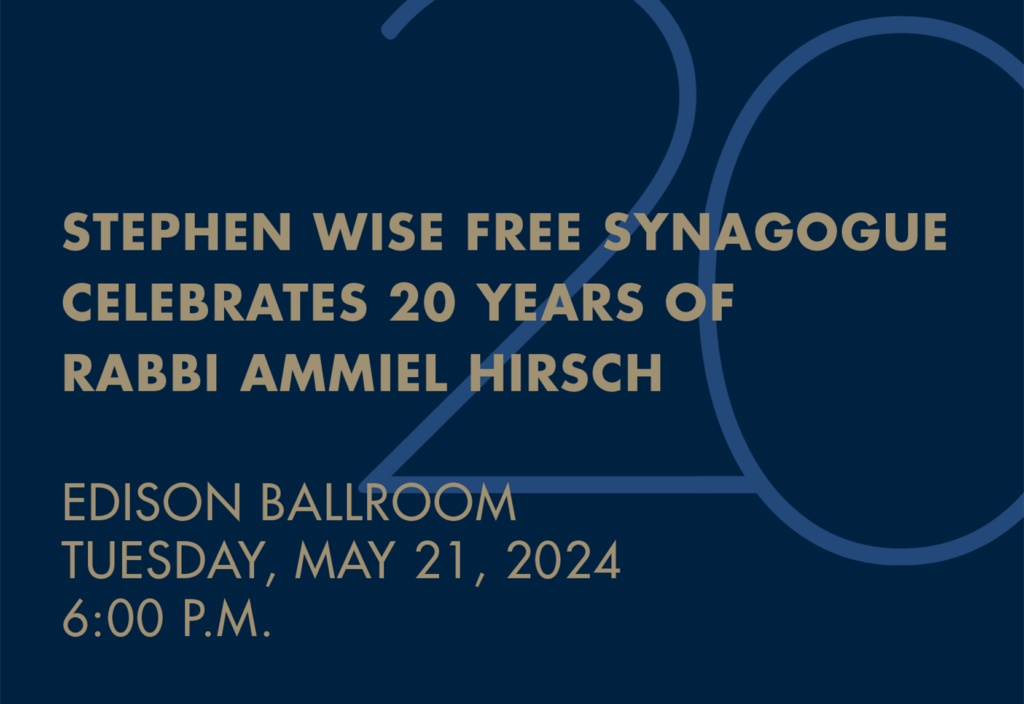In this week’s parashah, Zelophehad’s five daughters win their appeal to Moses — and God — to inherit their late father’s land, blazing a new trail for all the daughters of Israel. “We can only imagine how this momentous event shifted their sense of who they were within society and what was possible for them,” says Rabbi Samantha Natov. “This struggle against injustice never ends — yet from struggle, blessings may come.”
“It’s amazing how we can be so immersed in our own selves that we don’t see what’s right in front of us,” says Rabbi Sam Natov. In this week’s parashah, even Balam — a prophet — is unable to see the angel blocking his path until God opens his eyes. “To see means being humble enough to open ourselves to a different perspective.”
Arguments “l’shem shemayim” — for the sake of heaven — are a battle for truth, not victory. In this week’s parashah, Korach was punished by God not for challenging Moses’ and Aaron’s leadership, but for trying to tear them down rather than improve the situation, says Rabbi Dalia Samansky.
Rabbi Dalia Samansky reminds us that our mindset can have tremendous influence on our experiences. In this week’s parashah, the Israelites succumb to their fear of failure over their faith after 10 of their 12 spies report that taking the Promised Land would be a lost cause. “How different might our story have been, if only we hadn’t had such a negative outlook…”
Welcoming elite officers from the Israel National Defense College, Rabbi Tracy Kaplowitz explains that the version of the menorah we all know is a Roman adaptation. Why then did the founders of Israel choose that reminder of our degradation as the symbol of our independence and sovereignty? “By reclaiming the menorah, Israel embraces her past and the many ways the diaspora and exile have shaped the Jewish people.”
As Pride Month begins, Rabbi Rena Rifkin wonders “What is pride anyway? What does it mean to be proud of yourself and your identity? How does one develop pride? And where and when should we put it on display?”


